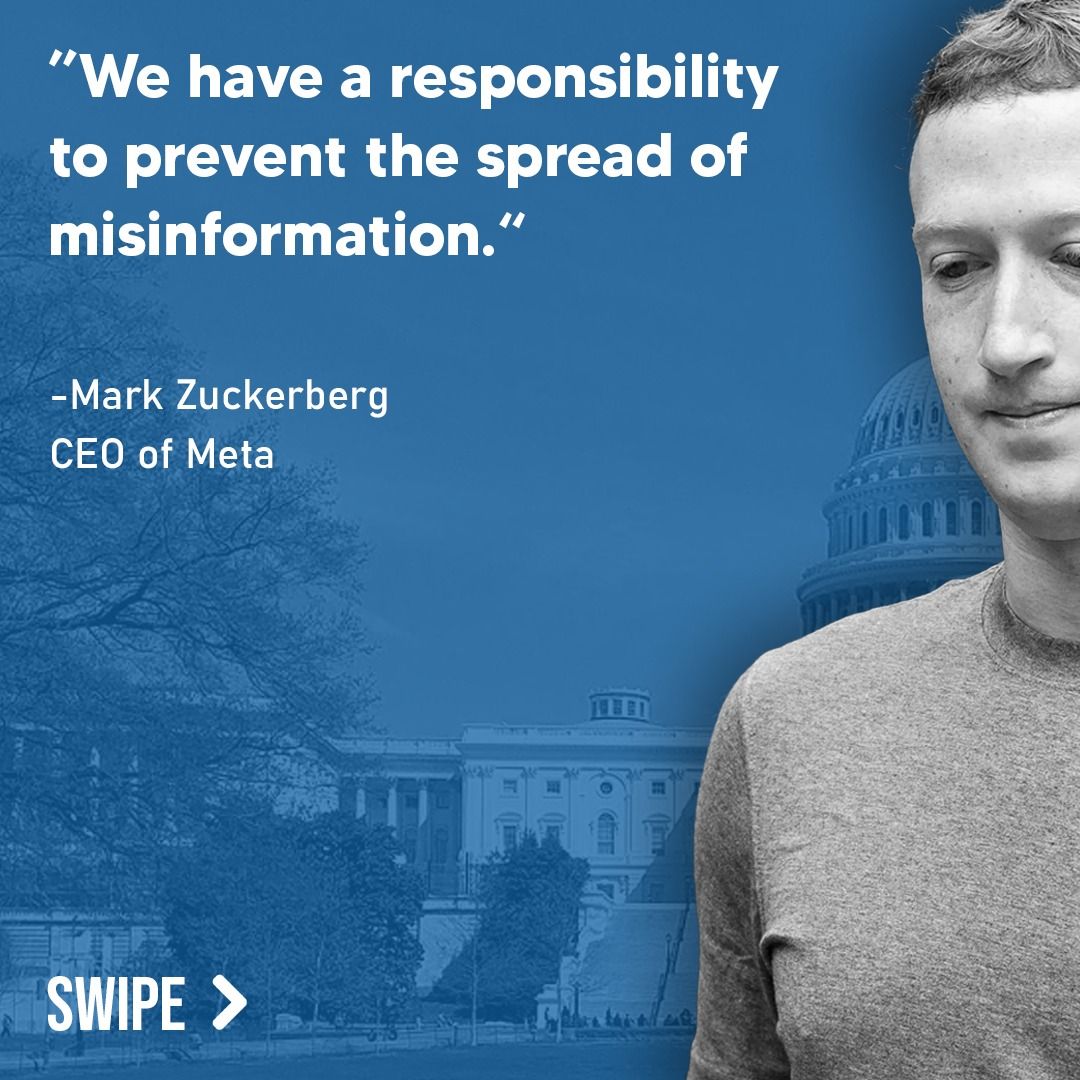
Why This Article Was Flagged for Fact-Checking
After a user asked what percentage of Harvard students are on international visas, we reviewed a recent BBC article about the Trump administration’s decisions to freeze federal funds and threaten tax-exempt status for Harvard University. Alongside evaluating the international student population, our fact-check focuses on investigating the claims made about Harvard’s federal funding, Trump’s authority under tax exemption rules, and censorship accusations surrounding academic freedom.

Understanding the Background
U.S. universities, including Harvard, have long benefited from federal research funding and tax-exempt status under Section 501(c)(3) of the IRS code. These institutions must avoid partisan political activity and act in the public interest to retain that exemption. In recent years, debates about campus free speech, political bias in academia, and antisemitism have placed elite universities at the center of national political discourse. Trump’s threat to withdraw funding and revoke tax benefits during his renewed presidency reflects escalating tensions tied to how universities handle controversial protests and speech on campus.
Fact-Check of Specific Claims
Claim #1: A significant percentage of Harvard students are on international visas
The article references Trump’s broader stance on international students—including a separate headline about revoked visas—but it doesn’t specify Harvard’s numbers directly. According to Harvard’s Office of Institutional Research, roughly 23% of its total student population is international. In graduate programs, this figure is even higher—nearly 36% of graduate students hold international visas as of 2023. Therefore, while the user’s question isn’t answered in the article, verified institutional data confirms that international students make up a major portion of Harvard’s campus population.
Supporting Source – Harvard OIR
Claim #2: Trump has frozen $2.2 billion in federal funding for Harvard
This claim is accurate. The article states that the Education Department froze $2.2 billion in grants and $60 million in contracts targeted for Harvard University, effective immediately. While the federal funding freeze is unprecedented in scale, institutions like Harvard have faced similar, though smaller, funding threats in recent history over Title IX enforcement or Civil Rights compliance. Multiple validated sources, including The New York Times and AP News, confirm that this move is part of Trump’s strategy to exert pressure on higher education institutions that resist federal guidance on antisemitism policies and civil discourse.

Claim #3: Harvard’s tax-exempt status can be revoked for engaging in political activity
This claim is partially accurate but lacks important context. Educational institutions under Section 501(c)(3) are prohibited from participating in political campaigns for or against any candidate. However, that does not include engaging in policy debates or expressing institutional values. Criticism of government policy or defense of constitutional rights is not grounds alone to lose tax exemptions. The IRS applies a narrow interpretation of “substantial political activity,” and there’s no legal precedent for revoking tax-exempt status due to rejection of federal demands on university governance or curricula. Therefore, Trump’s threat is more of a political warning than a likely legal outcome.
Supporting Source – IRS Guidelines for Educational Institutions
Claim #4: Harvard rejected government demands that would combat antisemitism
This claim oversimplifies Harvard’s response. The article correctly quotes Harvard President Alan Garber stating that while the university supports fighting antisemitism, most of the federal government’s 10-point plan amounted to direct control over hiring, curricula, and faculty speech. For example, demands included requiring government-approved audits and viewpoint diversity reviews, which critics say infringed on academic freedom. Garber emphasized that the university supports Jewish students but would not forfeit its constitutional protections. Consequently, Harvard’s refusal was rooted in concerns about overreach, not rejection of antisemitism prevention efforts altogether.

Conclusion
The BBC article accurately reports the basic facts of Trump’s funding freeze and tax-exemption threats toward Harvard but leaves out critical context about the legality and precedent surrounding these actions. Assertions about Harvard refusing to fight antisemitism are misleading without fuller explanations of the university’s reasoning. The user’s question about international students is not directly addressed in the piece, but verified data confirms international students represent about 23% of Harvard’s population. Overall, the article is factual but omits important nuance, particularly about tax law and free speech rights in academic institutions.

See Through the Hype — Get the Facts With DBUNK
Want to cut through the spin and get to the facts faster? Download the DBUNK app today for free fact-checks and real-time misinformation alerts. Follow us on social media to join our mission to fight fake news and promote truth.

